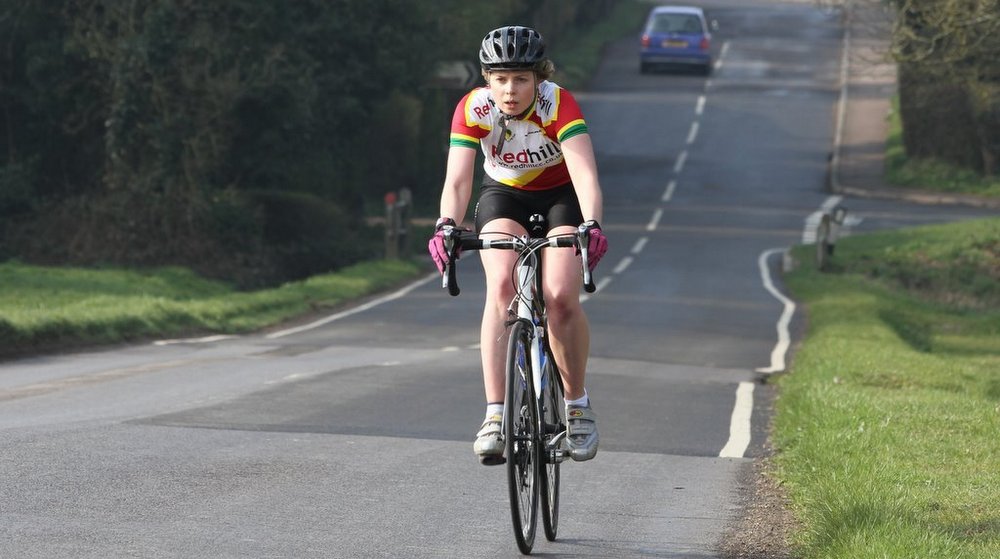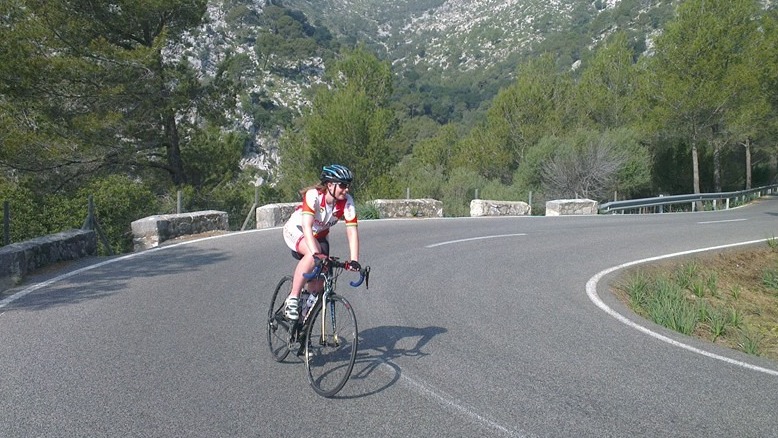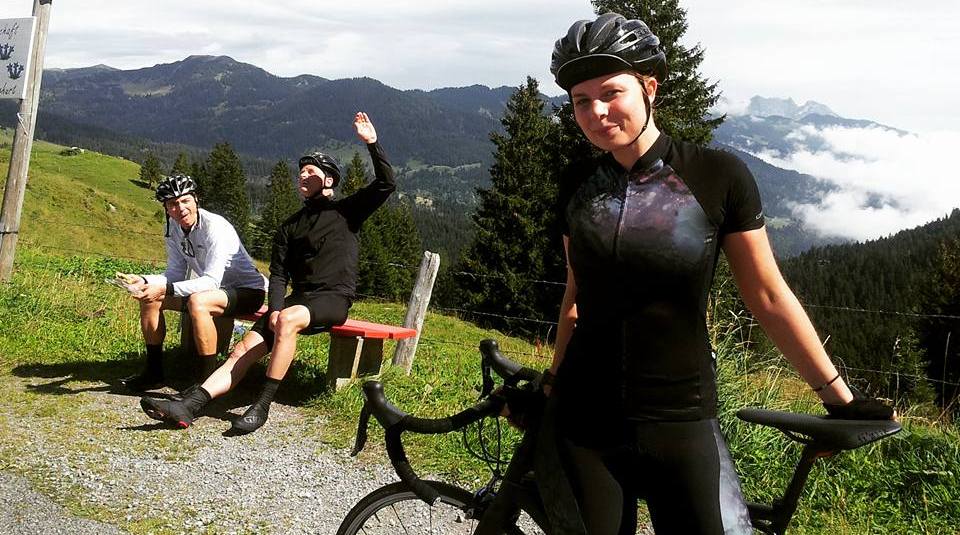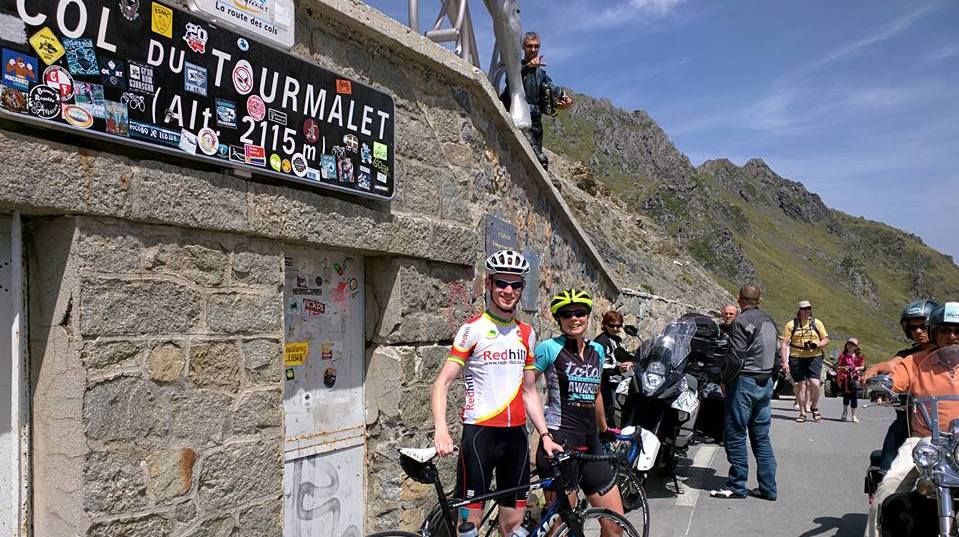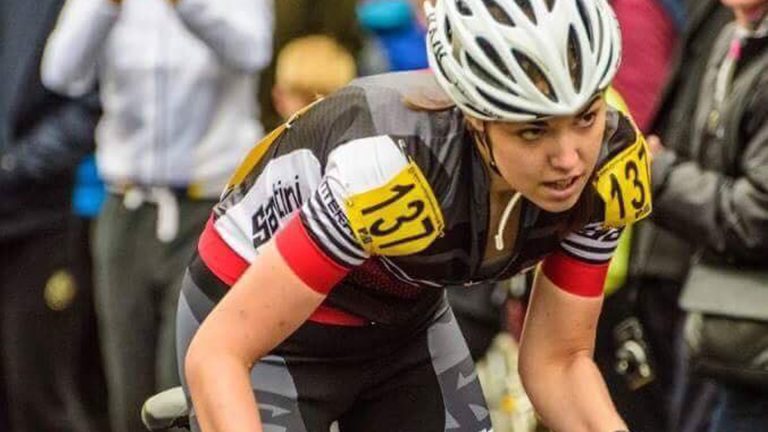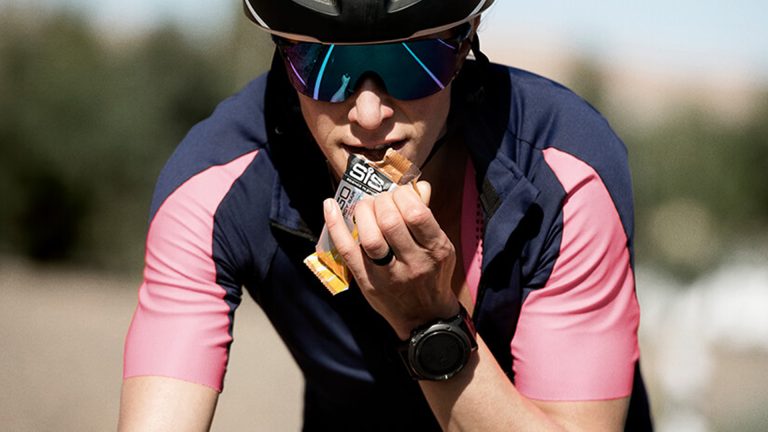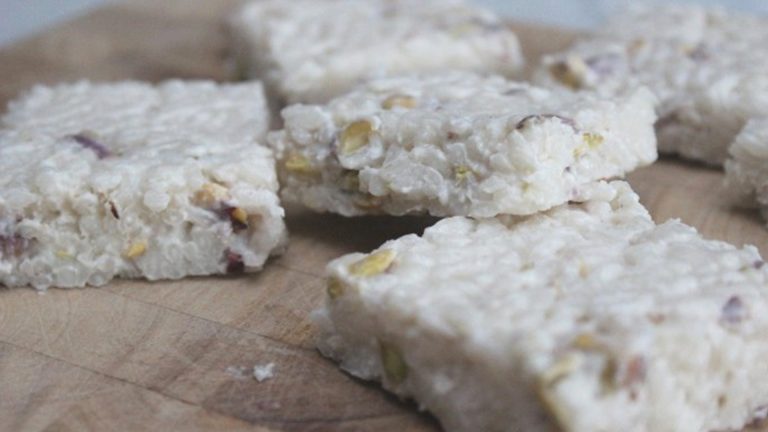I’ve never been a natural climber. Give me a straight dual carriageway and I’m as happy as a pig in the proverbial – but long upward stretches of tarmac with menacing 20 percent signs and I’m on my knees.
In fact, when I first started cycling, about five years ago I went through a stage of experiencing minor panic attacks on the climbs – mostly at points when I was losing the wheel in front, particularly if it belonged to a MAMIL who I was a mortified to be losing contact with [everyone is arrogant aged 21, right?].
A few years later, and I’m over the panics, I climb at my pace and if that’s faster or slower that my ride buddies that’s fine – I climb within myself. However, I’ve always had a tendency to utilise short, sharp, quick breaths to fill my lungs with oxygen in moments of struggle.
10 of the UK’s Toughest Climbs
I’ve seen breathing mentioned in articles about climbing before, alongside cadence and mental coaching. All those things I was sure could contribute a little bit, but in my head, the true climbing equation was always simple: low weight equals good climbing. I’ve focused on weight a lot, but done little about it [eg I watch what I eat but I’m not about to put myself on a drastic diet because there’s more to life], so recently I decided to just give the other methods a try.
After a winter of Tuesday night yoga classes which started with breathing exercises, and a yogi who just kept on saying how useful they’d be to us on the bike, I decided to actually put aside my preconceptions and give breathing a chance. So, on Coombe lane in Surrey, when I found myself huffing and puffing short sharp inhalations, I swapped them for long, slow, deep breaths. The difference was immediately noticeable.
Breathing more slowly, I felt calmer, the climb felt easier – be that physical or mental, and the guys ahead were suddenly not so far in front. Anecdotal evidence is one thing, but I decided to ask an expert what was going on here.
Improve your Climbing: Top Tips from Pro Rider Tiffany Cromwell
Josephine Perry has qualifications in psychology, communications, and specifically in sport and exercise psychology. She’s also a member of the British Association of Sport & Exercise Sciences (BASES) and the Association of Applied Sports Psychologists (AASP). She runs a mental training clinic – Performance In Mind – and had a lot to say to me.


